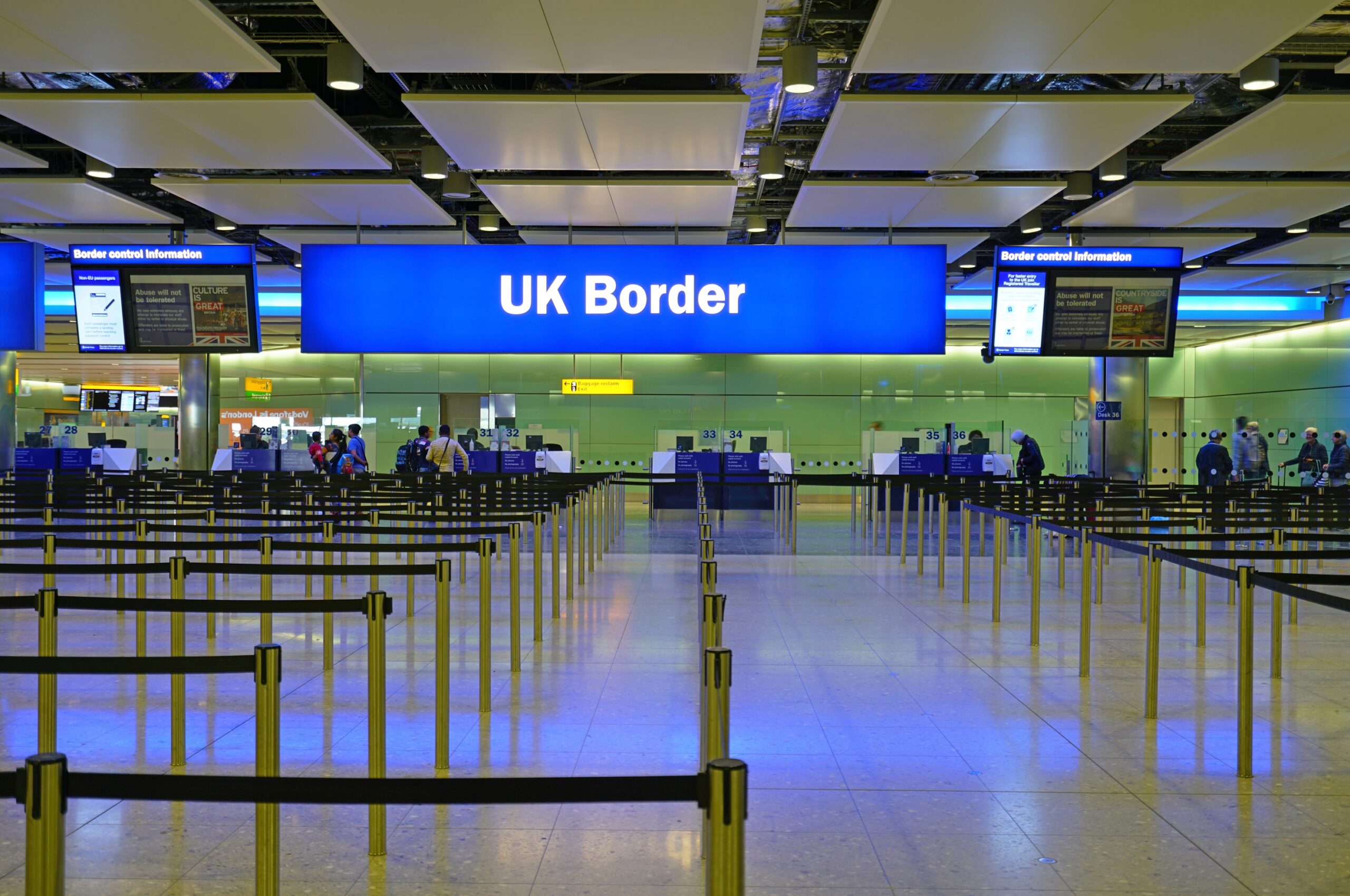By April 2025, all visitors who do not need a visa will need an Electronic Travel Authorisation (ETA) to travel to the UK. The scheme is part of the UK government’s plans to strengthen and digitise the UK border and immigration system and is being rolled out in phases.
Once fully implemented, the ETA scheme will broadly apply to all nationalities who do not require a visa for short stays and who do not have any other UK immigration status prior to travelling to the UK. This includes European nationals.
What is an Electronic Travel Authorisation (ETA)?
An ETA is an advance permission to travel to or transit through the UK for those who do not currently require a visa, or do not have a UK immigration status.
An ETA is linked to the individual’s passport. The scheme enables the government to perform robust security checks on travellers before they begin their journey to the UK, helping to prevent abuse of the immigration system.
Once granted, an ETA will be valid for multiple journeys to the UK for stays of up to 6 months at a time over 2 years, or until the holder’s passport expires – whichever is sooner.
It costs £10 to apply, and the application process can be completed online or by using the UK ETA app. Currently, applications are being processed within around 3 days.
It is important to note that whilst an ETA grants you permission to travel to the UK, it does not grant you entry.
There is no right to appeal against the decision to refuse an ETA, so those deemed unsuitable will be able to apply for a visit visa if they still wish to travel to the UK. This will give a more detailed consideration of someone’s circumstances.
Rollout dates
The ETA scheme has already been rolled out to some nationalities during Phase 1, and more nationalities will become eligible in Phases 2 and 3, as set out below.
- Phase 1: The ETA requirement already applies to nationals of Bahrain, Kuwait, Oman, Qatar, Saudi Arabia and the United Arab Emirates (UAE).
- Phase 2: The ETA will apply to all remaining non-European visa-exempt nationalities for travel to the UK on or after 8 January 2025. These nationalities will be able to apply for an ETA from 27 November 2024.
- Phase 3: The ETA requirement will apply to all European visa-exempt nationalities for travel to the UK on or after 2 April 2025. These nationalities will be able to apply for an ETA from 5 March 2025.
ETA and the Common Travel Area
Individuals arriving in the UK, including those crossing the land border into Northen Ireland, will need to continue to enter in line with the UK’s immigration framework, including the requirements to obtain an ETA when it is introduced to that nationality.
Non-Irish residents of Ireland from a nationality that does not usually need a visa to visit the UK (for example European or US nationals), do not need an ETA when travelling to the UK from within the CTA, provided they hold acceptable evidence of their residence status. Additional guidance is available here.
Case Study 1:
Dan is a US national planning a 3-month vacation tracing his ancestry. He plans to take a flight from Boston into Dublin. Once in Ireland, he plans to drive across the land border into the UK, first visiting Northen Ireland, followed by taking a ferry over to Scotland and finally driving into England. Currently, as a US national, Dan does not require permission to travel to the UK for short trips. But from 8 January 2025, as a US national, Dan will require an ETA to be able to visit the UK, which includes crossing the Ireland/Northen Ireland land border.
Case Study 2:
Sara is a Brazilian national. She has been offered a place to study for a law degree at the University of Edinburgh in Scotland.
Currently, Sara needs to apply for a Student visa to study in the UK. If successful, she will receive a visa (eVisa), a digital permission which replaces physical documents such as vignettes in passports. From 8 January 2025, an ETA is a requirement for Brazilian nationals to visit the UK for short trips. However, Sara will not need to apply for an ETA, as she will instead obtain an eVisa which grants her permission to study in the UK. If granted, her eVisa will be her permission to travel to the UK.
Support with UK immigration
Smith Stone Walters is on hand to support your business in preparing for these changes. We recommend employers communicate these new travel requirements to their international business visitors, to ensure they are prepared for needing an ETA before they travel in the future.
For more information and support, please contact us today.

